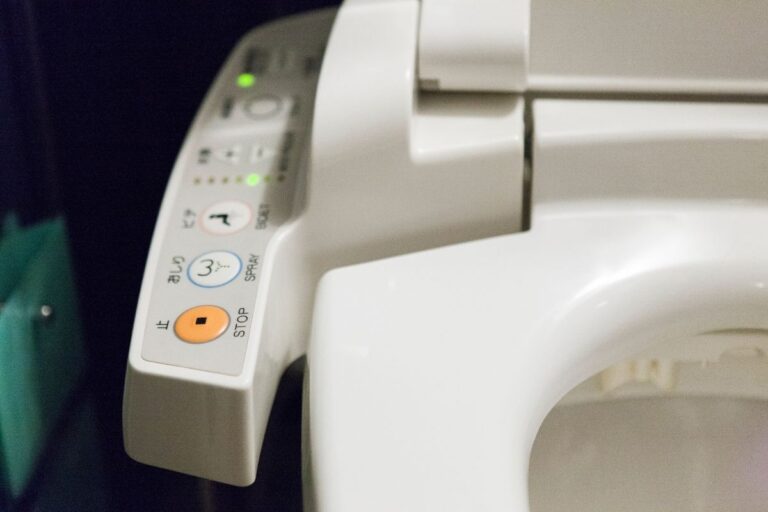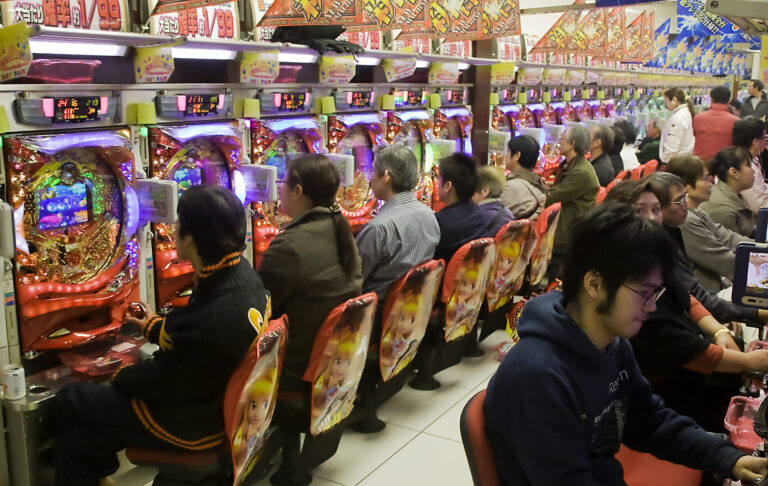If you plan on spending time in Japan or around Japanese-speaking people, it’s better that you over prepare than under prepare. Knowing how to talk about your health problems with your host family or a physician can help you get the treatment you need quickly—and accurately. Although you’ll likely be able to find an English-speaking doctor, you can get treatment faster if you’re able to explain yourself in Japanese as well.
(A cultural note: Unless it’s serious and you need medical assistance, it’s generally not considered polite to talk about your health in social situations. If you have a minor stomachache and you’re not that close to your host, for example, you might just excuse yourself without going into detail.)
| Medical Term or Phrase in English | Japanese Translation |
| I’m not feeling well. | Kibun ga warui desu. |
| I’m sick. | Byoki desu. |
| I injured myself. | Kega wo shimashita. |
| I’m allergic to X. | X ni arerugii ga arimasu. |
| My X hurts.* | X ga itai desu.* |
| I have diarrhea. | Geri desu. |
| I’m constipated. | Benpi desu. |
| I have a cold. | Kaze wo hiite imasu. |
| I have the flu. | Infuruenza wo hiite imasu.
-or- Ryuukan wo hiite imasu. |
| I’m on my period. | Seiri desu. |
| I have hay fever / I have allergies (to pollen). | Kafunshou desu. |
| I have a headache. | Zutsuu ga shimasu. |
| I have a stomachache. | Itsuu ga shimasu. |
| I have a toothache. | Haita ga shimasu.
-or- Shitsuu ga shimasu. |
| I have a runny nose. | Hanamizu ga demasu. |
| I’m sneezing. | Kushami ga demasu. |
| I’m coughing. | Seki wo shimasu. |
| I vomited. | Hakimashita. |
| I feel dizzy. | Memai ga shimasu. |
| I have rashes. | Hasshin ga arimasu. |
| My X itches.* | X ga kayui desu.* |
| I want to go to the hospital/a doctor. | Byouin ni ikitai desu. |
*Some body parts that may hurt or itch (which you can use in place of “X” in the phrases above) include:
| Body Part | Japanese Translation |
| head | atama |
| stomach | onaka |
| tooth | ha |
| chest | mune |
| back | senaka |
| shoulder | kata |
| neck | kubi |
| throat | nodo |
| knee | hiza |
| ankle | ashikubi |
| toe | tsumasaki |
| foot | ashi* |
| leg | ashi* |
| elbow | hiji |
| wrist | tekubi |
| finger | yubi |
| hand | te |
| arm | ude |
| nose | hana |
| ear | mimi |
| eye | me |
* Yes, “foot” and “leg” are the same word in Japanese. Just point to which one you mean.
Just one more note. If you plan on working in Japan, you may become accustomed to their cultural views on becoming sick. As a whole, Japanese society values hardworkers and most companies actually discourage their employees from taking off from work, even when sick! If you do feel sick enough to stay home, your boss may pressure you to go to the hospital (as in a non-emergency walk-in clinic) and you may have to get a note from the doctor that says you should be permitted to stay home. If you don’t think you’re sick enough to get a note from the doctor, your boss will likely expect you to come in to work. If you have a cold or a contagious virus, you’ll be expected to wear a cold mask, which looks a bit like a dust mask, while you work. These can be very uncomfortable, especially after a while, but they’re important in an overcrowded country to prevent the spread of germs. However, while you won’t need to change your mask throughout the day to satisfy Japanese society’s requirements, scientists have doubted the ability of these masks to prevent the spread of germs after one hour of wear, so you may want to buy a bunch and change your mask every hour.
Even when you’re not sick, you’re likely to see people in public with these masks, especially in cold season. Now you know why!
No related posts.
Tags: doctor, health, hospital, japan, japanese business, japanese language, sickness



